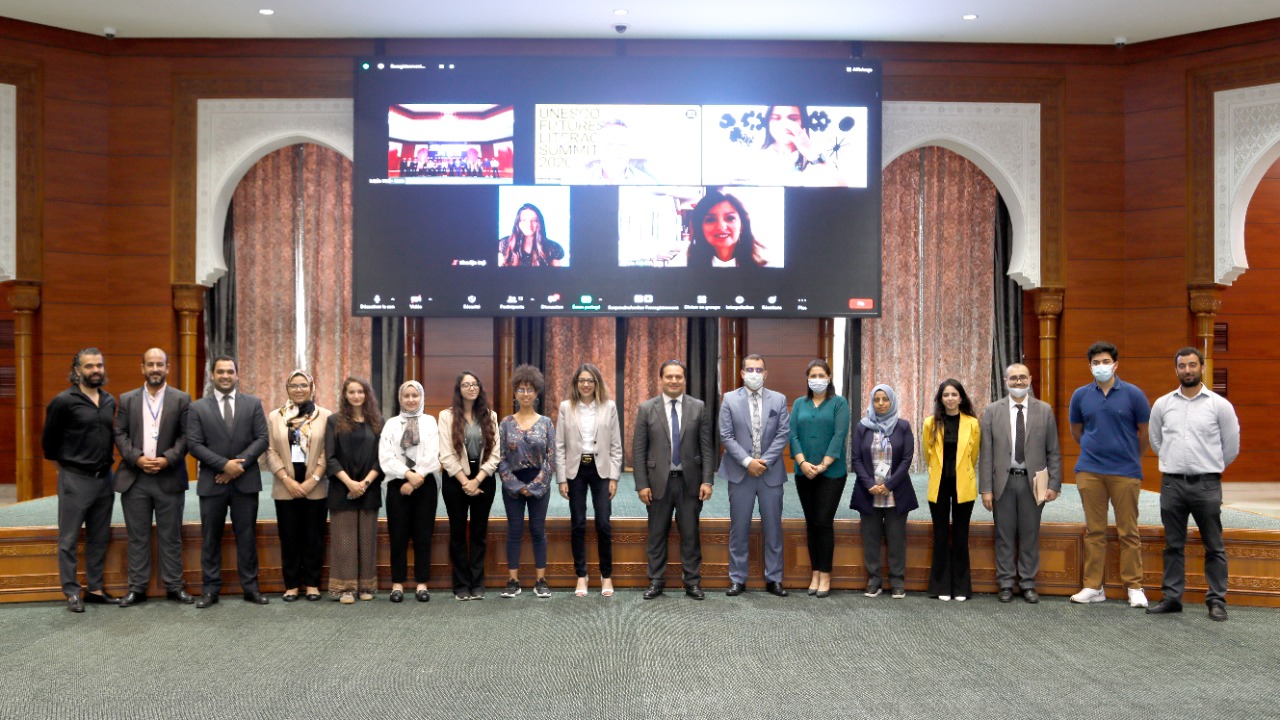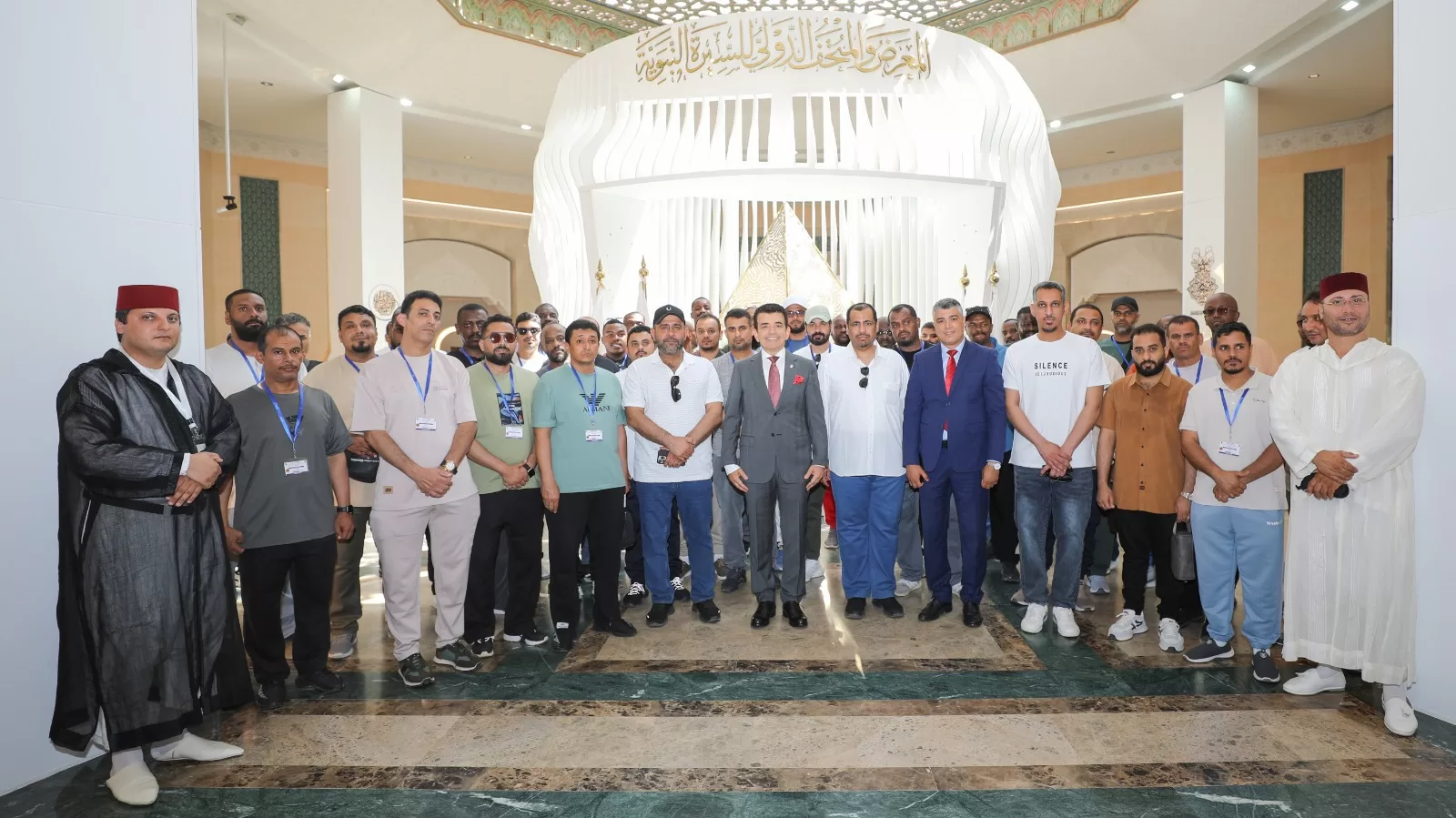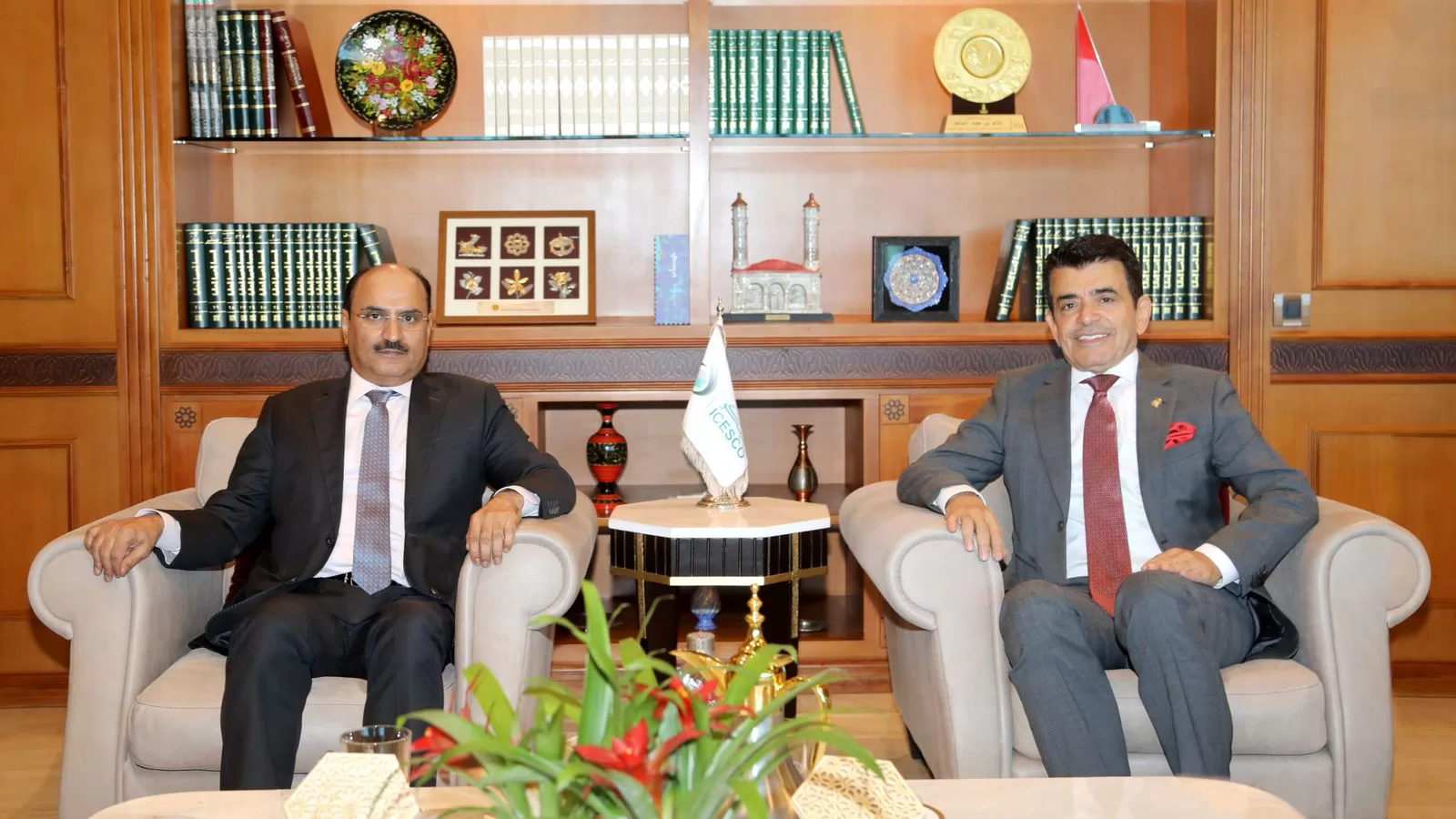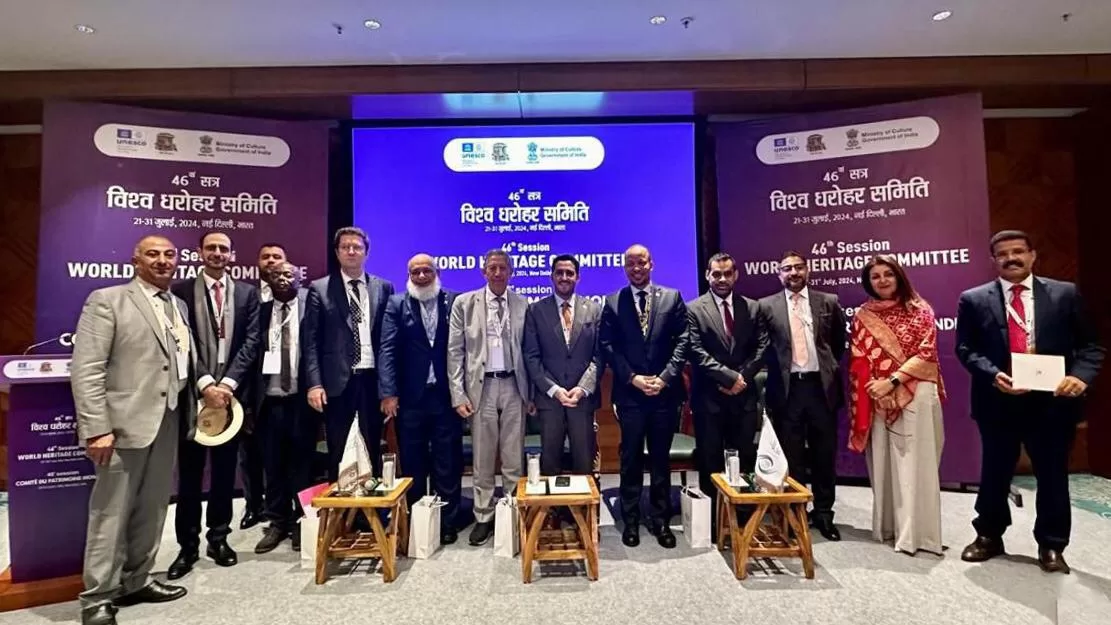
ICESCO and UNESCO Hold Preparatory Session on FLL Launch

2 July 2021
The Islamic World Educational, Scientific and Cultural Organization (ICESCO) and the United Nations Educational, Scientific and Cultural Organization (UNESCO) held a preparatory session on the launch of the Futures Literacy Lab (FLL), which aims to publicize the new foresight approaches that can be used to improve understanding of pressing matters.
The organizers held the session on Thursday, July 1, 2021, face-to-face at ICESCO headquarters and via videoconference and brought together representatives of ICESCO Center for Strategic Foresight, the United Nations Children’s Fund (UNICEF), the Francophone University Agency (AUF), and the Saudi Basic Industries Corporation (SABIC). The session was also attended by several ICESCO interns.

In his address, Dr. Kais Hammami, Director of ICESCO Center for Strategic Foresight, stressed the importance of acquiring the skill of foresight in an ever-changing world. He added that the soon-to-be-launched Foresight Lab will be a step further towards building young people’s foresight capacities.
Dr. Riel Miller, Head of the Future Literacy Division at UNESCO, gave a presentation stating that FLLs are significantly important as they help develop concepts about the future and express relevant imaginative ideas. He also stressed the need to prepare for the future, with all the opportunities and challenges it entails.

Dr. Miller also stated that there are different types of “future,” most notably desirable and probable futures, highlighting the need to encourage the youth to build their foresight capacities to help give sense to the world around them. A discussion session followed Dr. Miller’s presentation where the UNESCO official answered the questions of participants.
ICESCO Center for Strategic Foresight also gave a presentation on the concept of co-design in futures literacy, an overview on the Lab, and a simulation of Phase 1 of “Exploring probable and desirable futures.”
Futures literacy is an acquired skill that helps overcome fear of the future. It also enables individuals, organizations and governments to understand the world and monitor variables.




